The Vojvodina Early Music Association, together with partners and sponsors, organizes the jubilee 10th Festival of Baroque Music Days in Novi Sad
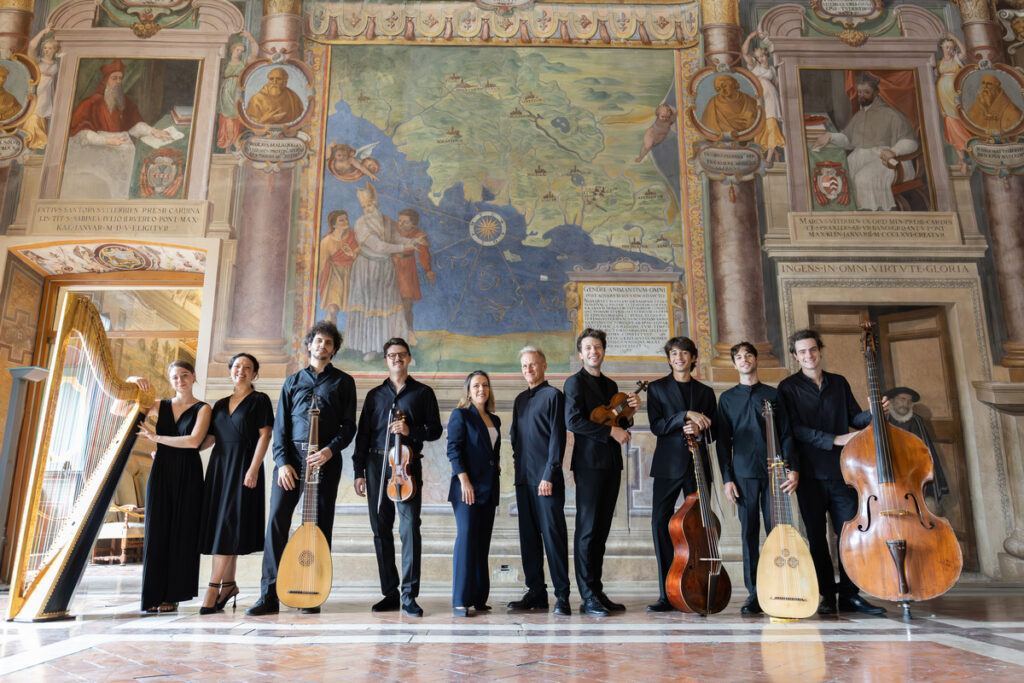
Experience an unforgettable journey by listening to early music performed live on historical instruments or their replicas by distinguished masters and connoisseurs from Serbia and abroad.
Under the motto “Susreti / Encounters”, from September 12 to October 10, concerts of early music by both well-known and lesser-known composers from various parts of the world will be held.
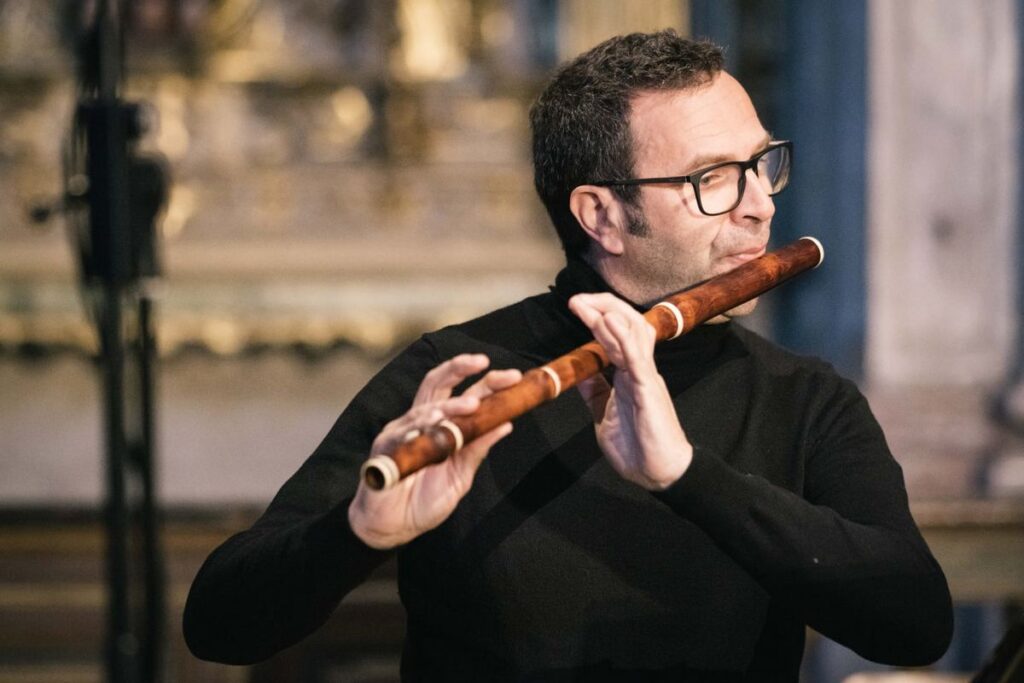
- Cultural diversity and international presence – The Festival brings together ensembles and artists from Brazil, Portugal, Italy, and the region, fostering intercultural exchange and authentic interpretation.
- Authenticity – Through concerts, the Festival promotes historically informed performance and the use of original instruments.
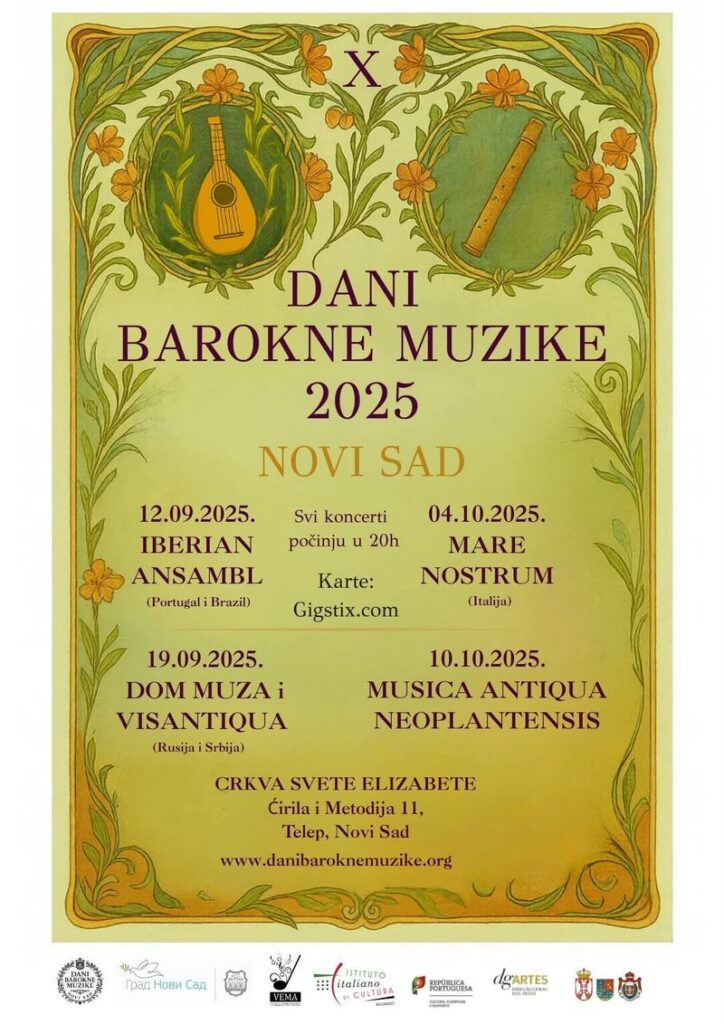
- Festival for the community – Open to a wide audience, it includes both young artists and established professionals, strengthening the local and regional cultural scene.
- Building cultural-diplomatic ties – By performing early music and encouraging collaboration between musicians, the Festival emphasizes the vision that diversity unites rather than divides.
In accordance with the cultural policy of decentralizing events in Novi Sad, the organizers strive to move performances away from the city center, seeking less-known acoustical spaces of great potential. One such venue is St. Elizabeth Roman Catholic Church in Telep (Ćirila i Metodija Street 11), which will host all concerts of this year’s Festival.
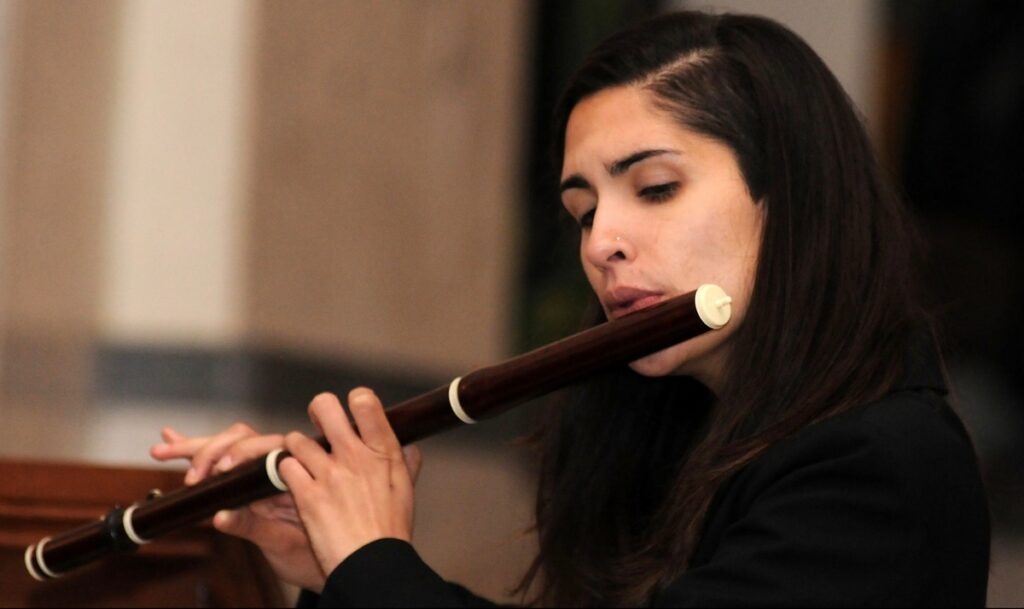
Program
- Iberian Ensemble (Alexandre Andrade & Meila Tomé)
September 12, 2025, at 8:00 p.m.
A baroque flute (traverso) duo takes us on a journey through Italy, Germany, France, England, Portugal, and Brazil. - Dom Muza & VisAntiqua
September 19, 2025, at 8:00 p.m.
Academy of Madrigals – from Palestrina to Monteverdi, a cappella performances of celebrated madrigals. - Ensemble Mare Nostrum
October 4, 2025, at 8:00 p.m.
An authentic Roman baroque ensemble dedicated to the Roman school and the works of Alessandro Stradella. - Musica Antiqua Neoplantensis
October 10, 2025, at 8:00 p.m.
Lux Aeterna – A journey through the Middle Ages, where the sun and moon frame chants, early polyphony, and timeless melodies.
Venue for all concerts: St. Elizabeth Roman Catholic Church, Telep, Ćirila i Metodija St. 11
Time: All concerts start at 8:00 p.m.
Tickets: 1,000 RSD, available at GIGSTIX: link or at their sales point in Novi Sad, Kralja Aleksandra St. 12 (TC Pariski magazin).
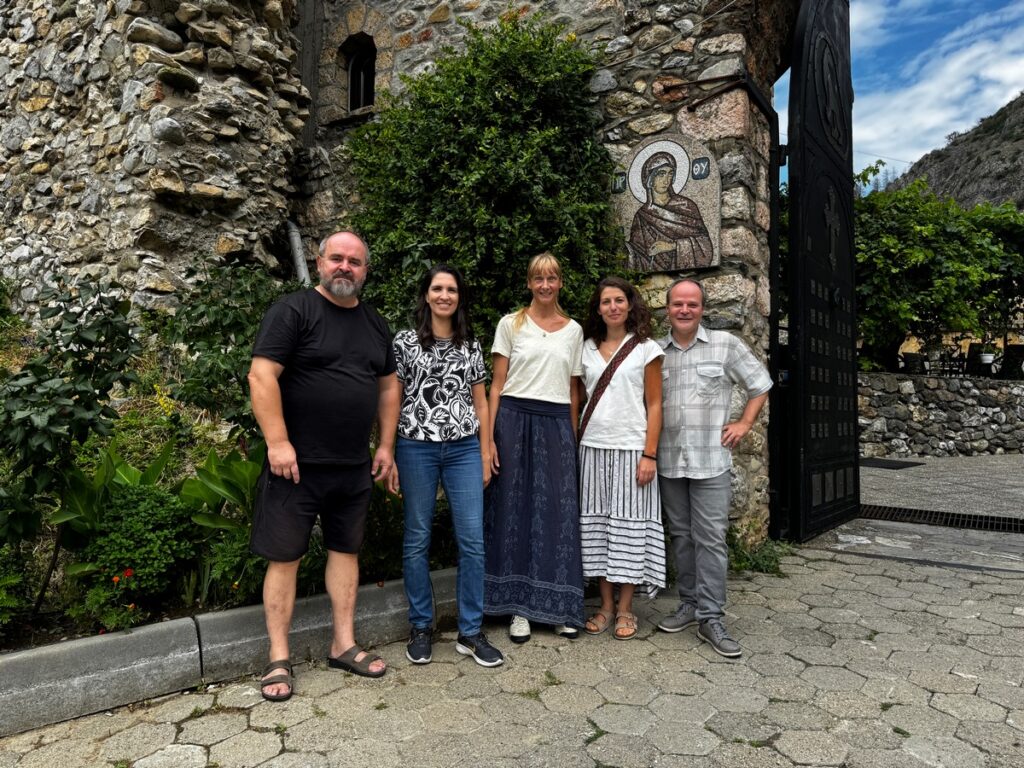
Patrons and partners:
Secretariat for Culture, Information and Relations with Religious Communities of AP Vojvodina, Novi Sad City Department of Culture, Istituto Italiano di Cultura, and Direção-Geral das Artes of the Portuguese Ministry of Culture.
More information about the Festival: www.danibaroknemuzike.org
Organizer contact: [email protected]
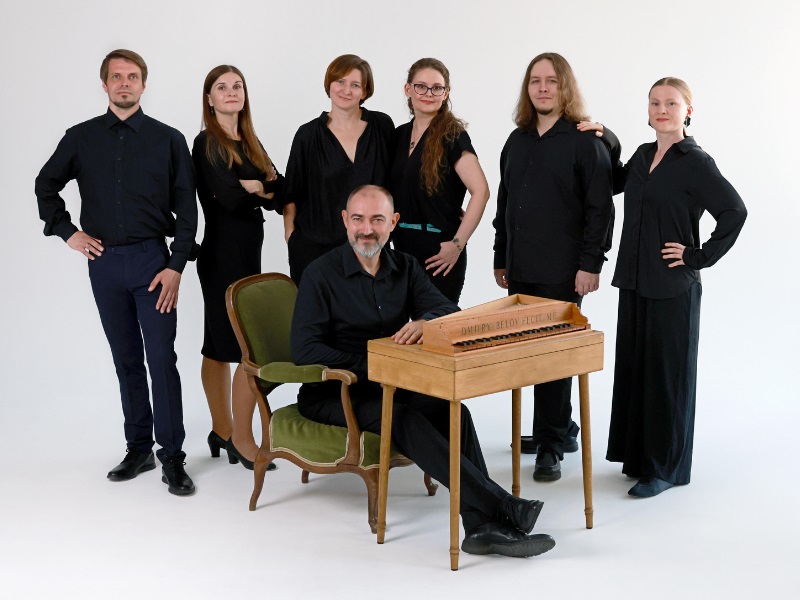
VEMA
The Vojvodina Early Music Association (VEMA) is a young non-profit organization dedicated to promoting and expanding interest in music created before the 19th century.
Its goals include encouraging the study and performance of early music on historical instruments according to original principles and interpretation, as well as promoting research in the field of early music.
VEMA’s membership gathers professional and amateur musicians, instrument builders, teachers, students, and music and history enthusiasts. The organization fosters communication and exchange between people from the region and worldwide through lectures, workshops, and concerts aimed at audiences of all ages and interests.
VEMA was founded in October 2011 at the initiative of Brazilian musician Meila Tomé Pihler, specialized in baroque and renaissance flute and traverso, together with Vladimir Tegeltija, Vladimir Pihler, and Ana Mirosavljević.
Its first major project was the Festival of Early Music in Vojvodina – Baroque Music Days, which brought together young professionals from Belgium, Brazil, Canada, Slovenia, Germany, Croatia, and Serbia. The Festival created an atmosphere of cultural exchange and introduced the public to historical performance practice of early music through lectures and concerts.
Through its work, VEMA builds bridges between artists, audiences, and institutions, promoting early music as a universal art that continues to inspire today.